Cancer and Oncology: Open Access Journal (COOAJ)
Open Access Journal
Editorial Board
Editors
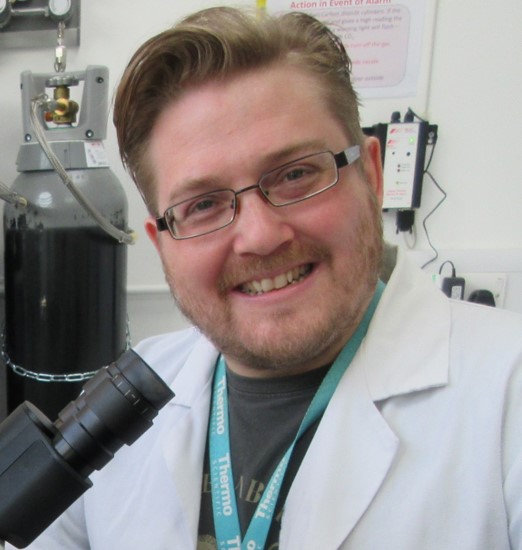
Dr. Steven J. Coles

Dr. Steven J. Coles
University of Worcester
United Kingdom
Biography
Dr. Steven J. Coles, BSc, PhD, FIBMS Dr. Coles received his BSc and PhD degrees in 2005 and 2008 respectively from the University of the West of England. His doctoral research focussed on protein thiol redox regulation in chronic disease processes. Following his studies, Dr. Coles joined the School of Medicine at Cardiff University (section of Haematology), where his research focussed on understanding the role of immunosuppressive mechanisms in the development acute myeloid leukaemia. Dr. Coles joined the University of Worcester in 2013 where he is course lead for the BSc Biochemistry programme and head of the Worcester Biomedical Research Group.
Research Interest
Dr. Coles research interests centre on understanding the immunological and metabolic mechanisms involved in leukaemia development.
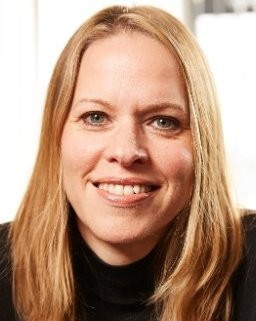
Dr. Lisa Lee-Jones

Dr. Lisa Lee-Jones
Manchester Metropolitan University
United Kingdom
Biography
Research Interest
Tumour immunology, Vaccinology, Immuno-oncology, Molecular Oncology, Tumour Cell Biology, Drug Discovery, Drug Repurposing
Dr. Soldano Ferrone
Dr. Soldano Ferrone
Massachusetts General Hospital
USA
Biography
Soldano Ferrone received his MD and PhD degrees in 1964 and in 1971, respectively, from the University of Milan, Milan, Italy. He has held faculty positions at the University of Milan, Milan, Italy, Scripps Clinic and Research Foundation, La Jolla, CA, Columbia University, New York, NY, New York Medical College, Valhalla, NY, Roswell Park Cancer Institute, Buffalo, NY and at the University of Pittsburgh School of Medicine, Pittsburgh, PA. Since 2012 he is a faculty member of the Department of Surgery at Massachusetts General Hospital, Harvard Medical School, Boston, MA.
Dr. Ferrone has received many awards and honors. For the last 30 years he has been the member of many review committees including NIH Study Sections, and of the editorial boards of many scientific journals. Furthermore he is the member of several external scientific boards.
Dr. Ferrone’s research program focuses on the molecular characterization of escape mechanism(s) utilized by tumor cells to avoid immune recognition and destruction and on the development of combinatorial immunotherapeutic strategies to counteract the escape mechanism(s) utilized by tumor cells. These studies are greatly facilitated by the large panel of HLA antigen- and human tumor antigen-specific monoclonal antibodies he has developed and shared with the scientific community over the years.
He has described the results of his studies in more than 600 papers published in peer reviewed journals. Moreover he has been the editor of 14 books and the guest editor of 5 special issues of oncology journals.
Research Interest
Dr. Ferrone’s research program focuses on the molecular characterization of escape mechanism(s) utilized by tumor cells to avoid immune recognition and destruction and on the development of combinatorial immunotherapeutic strategies to counteract the escape mechanism(s) utilized by tumor cells. These studies are greatly facilitated by the large panel of HLA antigen- and human tumor antigen-specific monoclonal antibodies he has developed and shared with the scientific community over the years.
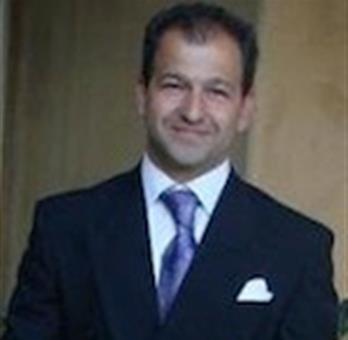
Dr. Kartoosh Heydari

Dr. Kartoosh Heydari
University of California Berkeley
USA
Biography
Medical Degree From Linkoping Health University, Sweden. 2001-2006, Post-doc Fellow, Department of Genetics, Stanford University, Stanford, CA. 2006-2008, Research Associate, Department of Pediatrics, Stanford University, Stanford, CA. 2008-2011, Research Associate, Department of Pathology, Stanford University, Stanford, CA. 2011-2013, Biotechnology Associate, Department of Immunobiology, Yale University, CT. 2013- Present, Director of Li Ka Shing Center FACS Core Facility, Department of Molecular Cell Biology / Cancer Research Laboratory, UC Berkeley, CA
Research Interest
Cancer Immunobiology, Regenerative Medicine, High-Dimensional (Hi-D) Cell Analysis & Cell Sorting
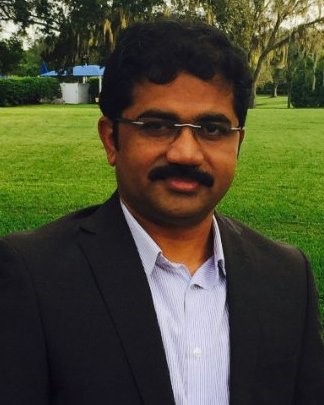
Dr. Rajappa Kenchappa

Dr. Rajappa Kenchappa
Mayo Clinic
USA
Biography
Dr. Rajappa Kenchappa is an experienced scientist with several years of post-PhD experience in the field of neurological disorders including neuro-oncology. He has a high amount of expertise in research related to neuronal cell death, proliferation, differentiation, signal transduction and growth factor signaling with relevance to nervous system development, neurodegenerative diseases and also to nervous system cancers. He is currently works at the Mayo Clinic as Scientist and his goal of his laboratory is to understand glioblastoma to develop novel therapeutics.
Research Interest
Neurodegenerative diseases, neuro-oncology, gliobastoma, neuroblastoma
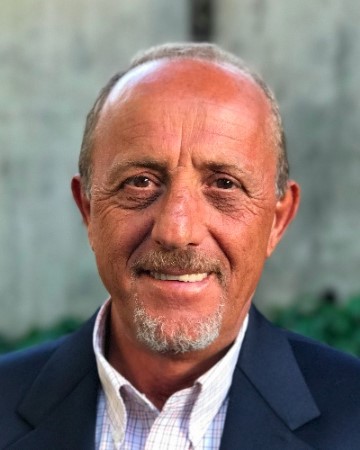
Dr. Osman Nidai Ozes

Dr. Osman Nidai Ozes
Akdeniz University
Turkey
Biography
Research Interest
Immunology, Inflamatory diseases, Cancer immunology, Biomarkers
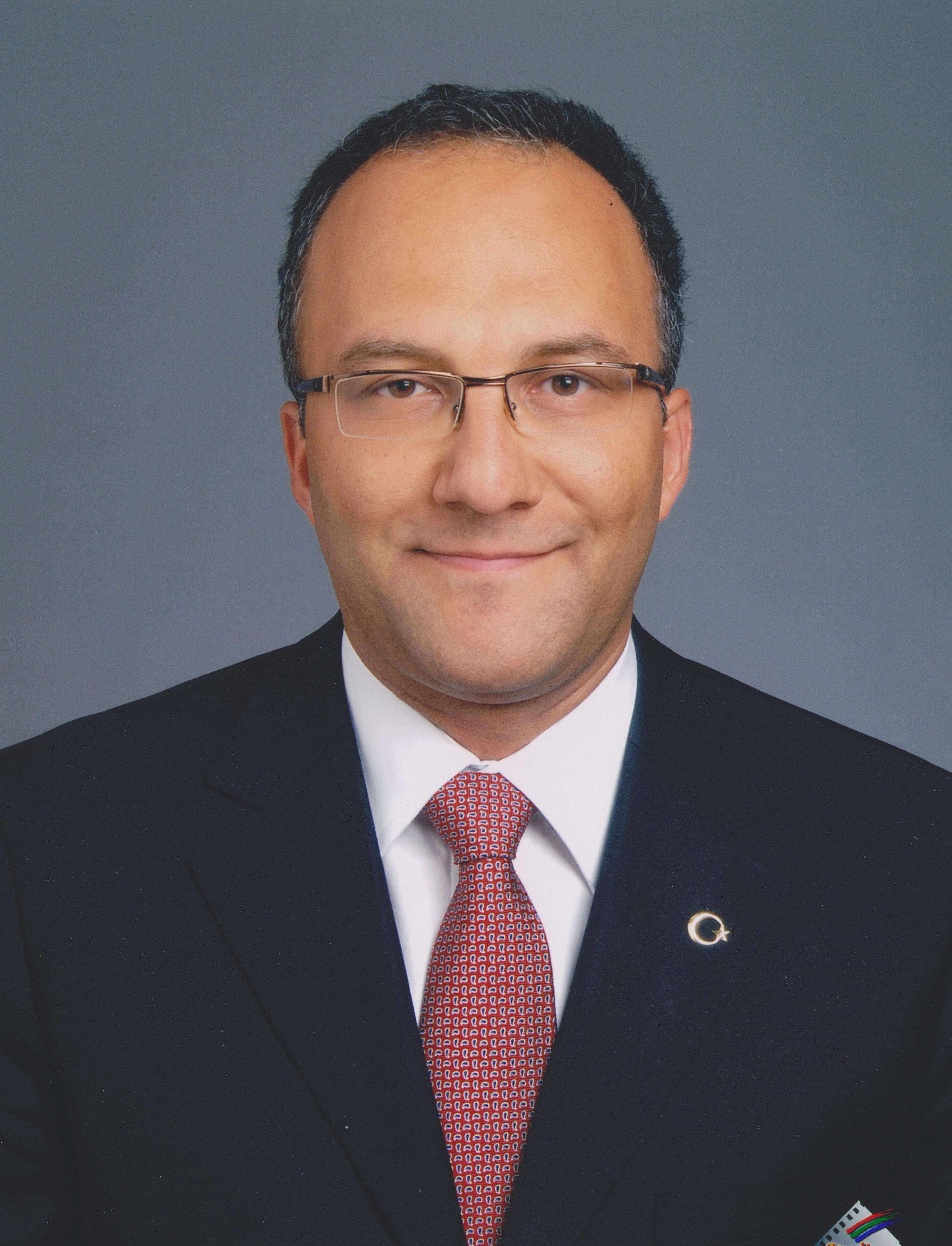
Professor Mustafa Benekli

Professor Mustafa Benekli
Independent Medical Oncologist
Turkey
Biography
Research Interest
His principal academic and research interests include gastrointestinal, genitourinary and hematological malignancies.
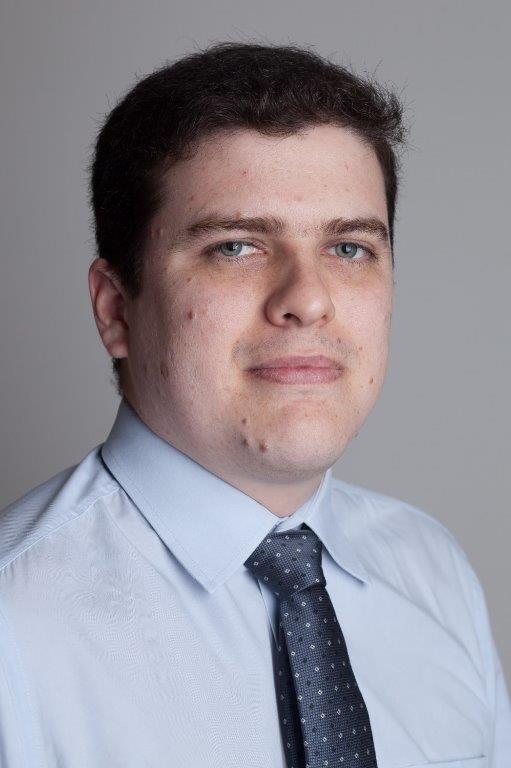
Dr. Marcio Marques

Dr. Marcio Marques
Albert Einstein Hospital
Brazil
Biography
Research Interest
Dr. Marques research interest focuses on clinical and molecular determinants of survival in HPB malignancies and liver metastasis.
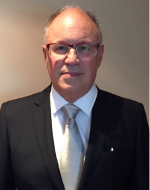
Dr. James Fleck
University Hospital of the Federal University of Rio Grande do Sul
Brazil
oncologia.fleck@gmail.com
55-51-33284790

Dr. James Fleck
University Hospital of the Federal University of Rio Grande do Sul
Brazil
Biography
Dr. James Fleck is a Full Professor of Clinical Oncology at the University Hospital of the Federal University of Rio Grande do Sul (UFRGS), Brazil. Has thirty years of professional experience in cancer diagnosis and treatment. Obtained his Fellowship in Clinical Oncology at the Indiana University Cancer Center, USA and his PhD as a joint venture of National Research Council of Brazil and the Tumor Biology Laboratory, VA Medical Center, USA. Chief of Clinical Oncology Department at the University Hospital (1994–2002), Medical Director of Santa Casa Cancer Center (2002-2007), Advisory Member on the Technical Board of the Regional Council of Medicine, Vice-President of the Brazilian Society of Clinical Oncology for three consecutive terms, Leader of an Oncology Research Group at the Brazilian National Research Council, Effective Member of twelve national and international medical societies, published six books and several articles in peer review journals of significant impact factor.
Research Interest
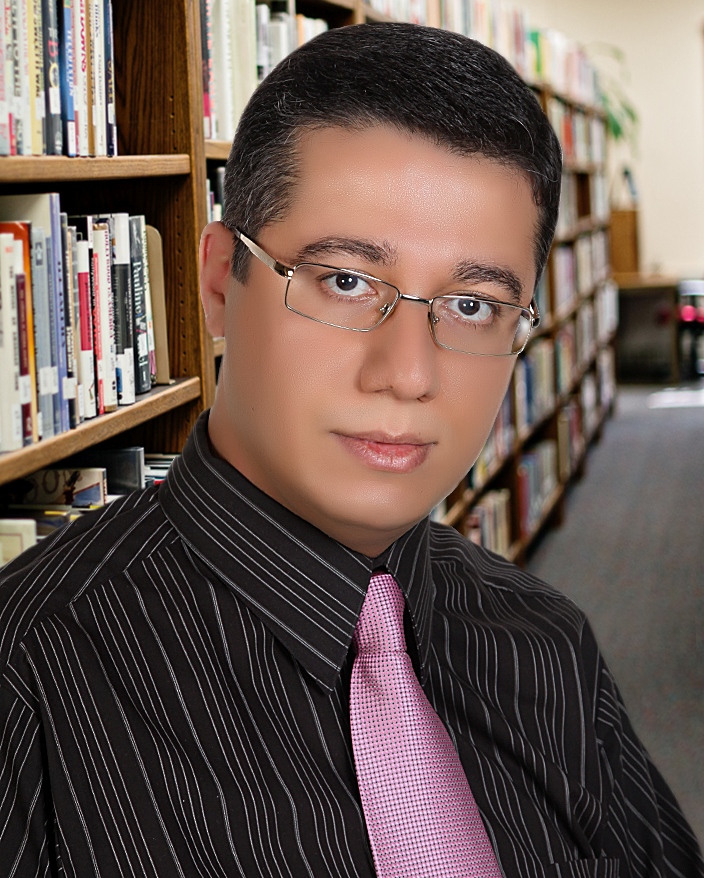
Prof. Dr. Alireza Heidari

Prof. Dr. Alireza Heidari
California South University
USA
Biography
Prof. Dr. Alireza Heidari, Ph.D., D.Sc. is a Full Professor and Academic Tenure of Chemistryat California South University (CSU), Irvine, California, USA. He has got his Ph.D. and D.Sc. degrees from California South University (CSU), Irvine, California, USA. Furthermore, he has double postdocs in Project Management, Oncology, Human Cancer Tissues and Synchrotron Radiation from Monash University, Melbourne, Victoria, Australia and also in Nanochemistry and Modern Molecular Electronic–Structure Computations Theory from California South University (CSU), Irvine, California, USA.
He has participated at more than three hundreds reputed international conferences, seminars, congresses, symposiums and forums around the world as yet. Also, he possesses many published articles in Science Citation Index (SCI)/International Scientific Indexing (ISI) Journals. It should be noted that he has visited many universities or scientific and academic research institutes in different countries such as United States, United Kingdom, Canada, Australia, New Zealand, Scotland, Ireland, Netherlands, Belgium, Denmark, Greece, Russia, Estonia, Turkey, France, Swiss, Germany, Sweden, Norway, Italy, Austria, Czech Republic, Hungary, Poland, South Africa, Egypt, Brazil, Spain, Portugal, Mexico, Japan, Singapore, Malaysia, Thailand, Taiwan, Hong Kong, South Korea, China, India, Qatar, United Arab Emirates, etc. as research fellow, sabbatical and volunteer researcher or visitor and so on heretofore. He has a history of several years of teaching for college students and various disciplines and trends in different universities. Moreover, he has been a senior advisor in various industry and factories. He is expert in many computer programs and programming languages. Hitherto, he has authored more than twenty books and book chapters in different fields of Chemistry. Syne, he has been awarded more than nine hundreds reputed international awards, prizes, scholarships and honors. Heretofore, he has multiple editorial duties in many reputed international journals, books and publishers. Hitherward, he is a member of more than three hundreds reputed international academic–scientific–research institutes around the world. It should be noted that he is currently the President of American International Standards Institute (AISI), Irvine, California, USA and alsoDirector of the BioSpectroscopy Core Research Laboratory at California South University (CSU), Irvine, California, USA.
Research Interest
Biophysical Chemistry, Biomolecular Spectroscopy, Quantum Chemistry, Nanochemistry, Modern Electronic Structure Computations, Theoretical Chemistry, Mathematical Chemistry, Computational Chemistry, Vibrational Spectroscopy, Molecular Modelling, Ab initio & Density Functional Methods, Molecular Structure, Biochemistry, Molecular Simulation, Pharmaceutical Chemistry, Medicinal Chemistry, Oncology, Synchrotron Radiation, Synchrocyclotron Radiation, LASER, Anti–Cancer Nano Drugs, Nano Drugs Delivery, ATR–FTIR Spectroscopy, Raman Spectroscopy, Intelligent Molecules, Molecular Dynamics, Biosensors, Biomarkers, Molecular Diagnostics, Numerical Chemistry, Nucleic Acids, DNA/RNA Monitoring, DNA/RNA Hypermethylation & Hypomethylation, Human Cancer Tissues, Human Cancer Cells, Tumors, Cancer Tissues, Cancer Cells
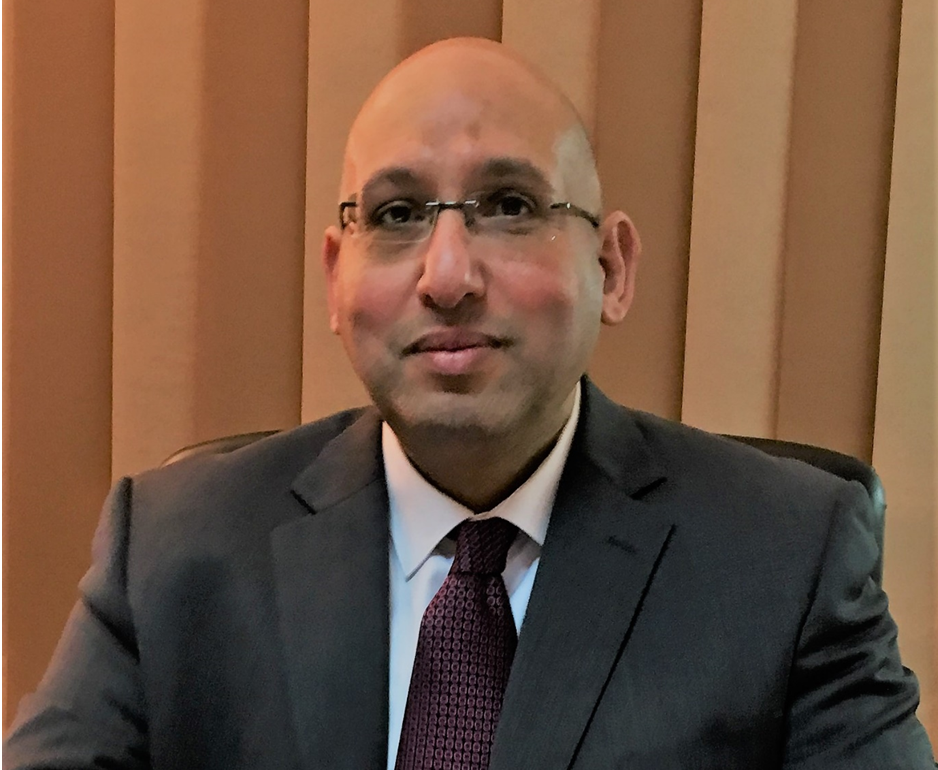
Amr Sakr

Amr Sakr
Cairo University
Egypt
Biography
Prof. Amr Sakr is a professor of Clinical Oncology in Cairo University, Egypt and a Clinical Oncology consultant in many Egyptian hospitals. He works in Kasr AL-Ainy Center of Clinical Oncology and Radiation Therapy (NEMROCK) in faculty of medicine, Cairo University. He is specialized in brain, head & neck and GIT malignancy. He is a clinical oncologist, dealing with radiotherapy, chemotherapy and immunotherapy. He has a private oncology clinic dealing with cancer patients from Middle East countries; Yemen, Sudan, Saudi Arabia. He has many national and international publications in lung, breast, head & neck and GIT malignancies. He is a member of ASCO, ESMO & ESTRO
Research Interest
Brain, head & neck, lung and GIT malignancy
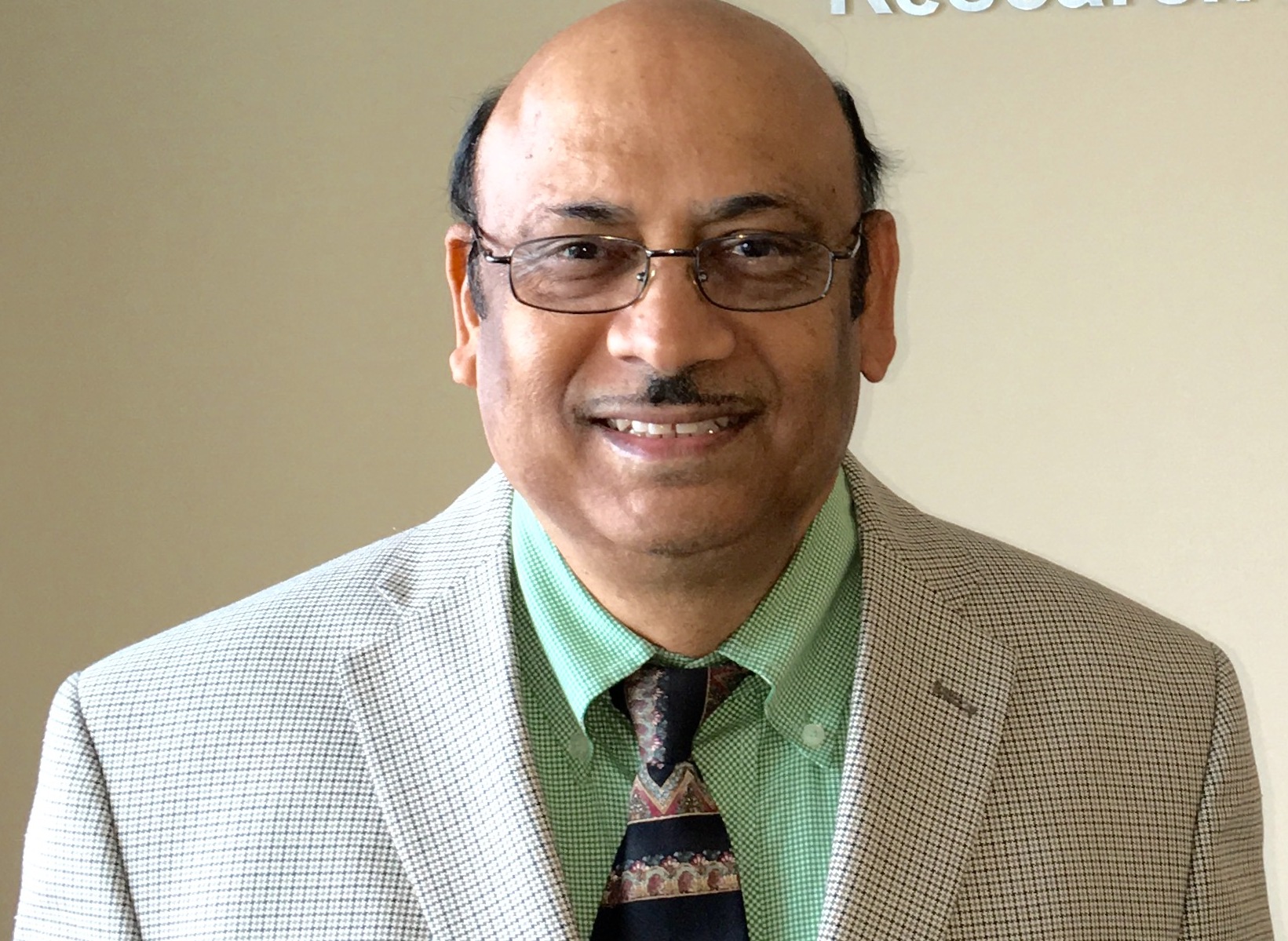
Dr. E Shyam P Reddy

Dr. E Shyam P Reddy
Morehouse School of Medicine
USA
Biography
Dr Shyam Reddy is a Professor and Director, Cancer Biology Program, Department of OB/GYN, Morehouse School of Medicine, Georgia Cancer center for excellence, Grady Memorial Hospital, Atlanta, Ga.He carried out his Ph.D. work at the Center for Cellular and Molecular Biology, Hyderabad, India and at Max Planck Institute for Biophysical Chemistry, Gottingen, West Germany. His Ph.D. work was published as two papers (back to back) in the prestigious Nature journal for which he was awarded National Young Scientist award by the Prime minister of India. He obtained postdoctoral training in molecular biology at Yale University, CT (Dr Weissman, PNAS member). Dr Reddy discovered and cloned several cancer genes/oncogenes (close to 20 genes) and studied their functions. The most notable genes discovered by Dr Reddy include ERG-1, ERG-2, ERG-3 and human FLI-1genes. Drs Reddy and Rao named the gene as ERG (ETS Related Gene, published in prestigious journals Science and PNAS). ERG is a transcriptional factor, endothelial permeability factor and also a stem cell factor and is involved in 50-80% of Prostate cancers, Ewing sarcoma and also leukemias (AML). Other notable ETS genes discovered and studied by Dr Reddy include human Fli-1 (involved in 80% of Ewing family of tumors, Leukemias and Prostate cancer), EWS-Fli-1 (involved in 90% of Ewing Sarcoma, Pediatric cancer), EWS-erg (involved in Ewing Sarcoma), TLS-erg (involved in Acute Myeloid Leukemia), EWS (involved in multiple cancers), TLS/FUS (involved in multiple cancers), ELK-1 (Drs Reddy and Rao named this gene as ETS Like Gene, published in prestigious journals Science and Nature) and EWS-ATF-1 (malignant Melanoma of Soft Parts/Clear cell sarcoma). Dr Reddy and his group have also discovered novel post-translational mechanism mediated by BRCA2 in Breast Cancer cells that will have global effect on the Gene Expression, Protein turnover, Cell Death, Cancer and other Human diseases.
Dr Reddy and his group have shown that ERG and FLI-1 proteins involved in several cancers are responsible for making cancer cells resistant to chemo-therapeutic agents. They are targeting these onco-proteins or their functions to develop novel targeted therapeutic agents. Using this strategy, they have developed several novel therapeutic agents (patent being submitted) that target Prostate cancer, Ewing Sarcoma, Breast cancer (including Triple Negative Breast Cancer), Pancreatic cancer, Ovarian cancer, cervical cancer, colorectal cancer, pancreatic cancer etc. These small molecules appear to be targeted therapeutic agents with no or little effect on normal cells. Dr Reddy received two grants from DOD to study on two targeted therapeutic agents against prostate cancer. Dr Reddy and his colleagues have also shown that anti-epileptic drug Valproic acid (VPA) targets ERG-positive Prostate cancers and Ewing Sarcoma and identified the molecular mechanism of action of VPA on ERG/Fli-1 associated cancers. Recently, they have identified novel ways by which ERG/ETS oncoproteins target different signaling pathways that leads to prostate and other cancers (leukemias, lymphomas and sarcomas). Dr Reddy and his colleagues have identified novel molecular mechanism of activation of TGF beta–signaling pathway by ERG oncoprotein in prostate cancer. Recently, Dr Reddy and his colleagues have shown that ETV1 onco-protein induces certain kinases in cancer cells which deregulate the critical Wnt/beta catenin pathway. They have also identified therapeutic agent that interferes with this process. They have also demonstrated that this therapeutic agent targets these cancer cells effectively (manuscript in press, 2016). These therapeutic agents will have a profound impact on prevention and treatment of prostate cancer which may help to reduce health disparity seen in minority prostate cancer patients. Recently, Dr Reddy’s group decoded non-coding DNA and it’s non-coding RNA, which will revolutionize the landscape of cancer biology, future diagnosis and therapy of cancers including Breast cancer, Prostate cancer, Lung cancer etc. (manuscript in press).
Research Interest
Molecular Oncology, Signaling pathways, Noncoding DNA and RNA, Therapeutic Strategies, Oncogenes, Fusion -oncogenes
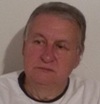
Prof.Dr.Sci. Hamza Mujagic

Prof.Dr.Sci. Hamza Mujagic
Former member of Massachusetts General Hospital
Sweden
Biography
Prof.Dr.Sci. Hamza Mujagic is former Visiting Scholar at Massachusetts General Hospital Cancer Center/ Harvard University/, Clinical Review Board Member for Harvard University Cancer Center, Boston and former Consultant for Xanthus Pharmaceuticals, Cambridge, Massachusetts, USA. He graduated from the University of Zagreb Medical School in 1968 where he also received his basic clinical training and Board certification in Medicine. He obtained his Masters degree from the Center of Advanced Postgraduate Studies,University of Zagreb in 1973 and his PhD from the Deutsches Krebsforschung Zentrum, University of Essen, Germany and University of Zagreb in 1976. He received his specialty training in Nuclear Medicine in 1971-1972 and Clinical Oncology in 1972-1977 from Central Institute for tumors in Zagreb and Internal medicine from several clinical centers in Europe and from the University Medical Center in Sarajevo in 1980. He started his career in Translational Medicine as a Fellow of Scientific Foundation of The Republic of Croatia combining his research at Institute Rudjer Boskovic/ University of Zagreb from 1969-1971 and clinical work at University Hospital “Merkur” in1972 and continued his career in translational medicine at Central Institute for tumors in Zagreb from 1971-1977 where he organised the Clinical Tumor Immunology and Pharmacology service. As a recipient of International Union Against Cancer (ICRETT) Award he worked in the National Cancer Institute/ National Institutes of Health of the USA in Bethesda from 1978- 1979 in the Division of Tumor Immunology. He was then invited to join The National Cancer Institute and worked there from 1980-1984 in the Division of Cancer Treatment and Clinical Cancer Pharmacology Branch. He then accepted a highly competitive position in Department of Cancer Immunology and Immunotherapy at the Memorial Sloan-Kettering Cancer Center, New York, from 1984-1985.He served in leading positions for Clinical Cancer Biology at the Universities in Sarajevo, Banjaluka and Tuzla. In year of 1977 he served as a Visiting Professor of Cancer Biology at the Clinic of Oncology of the University Marburg an der Lahn, Germany. He was associated as a Visiting Scholar with Massachusetts General Hospital and Harvard University from 1997 and on, where he has spent most of his last 12 professional years.
He is specialist in Internal Medicine/subspecialties Urologic Oncology and Cancer Pharmacology/ Immunology and is Professor of Medicine and Oncology. He published 107 research papers, is Editor-in Chief of one international journal, on the Editorial Boards of 9 international journals, reviewer for several scientific journals and is cited thus far 591 times. He is executive vice president of the World Academy of Medical Sciences and on the Core Board of International Academy of Medical Sciences and Marquis Who is Who cited. His areas of expertise are: Urologic, lung, breast,GI and melanoma cancers , design and conduct of Clinical trials, Cancer, Chemotherapy and Immuno therapy, and Cancer drug analysis and writing. His latest working engagement was as senior Consultant and Professor at Länssjukhus Sundsvall/Umea University, Department of Oncology, Sundsvall, Sweden.
Research Interest
Cancer Biology and cancer genomics, Cancer pharmacology and immunology, Cancer clinical trials, Melanoma,lung,breast,urogenital and gastrointestinal cancers, Editing research papers
Ozden Altundag
Ozden Altundag
Baskent University
Turkey
Biography
Research Interest
Associate Editors
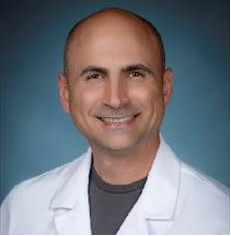
Joseph kaminski

Joseph kaminski
Dattoli Cancer Center
USA
Biography
Dr. Kaminski is a board certified radiation oncologist at Dattoli Cancer Center. His prior positions included Senior Medical Staff at the National Institutes of Health, Lead Medical Officer at the FDA, and Associate Professor of Radiation Oncology at the Medical College of Georgia. He has over 70publications which include the areas of low dose radiation effects, radiation oncology, and gene therapy; he has served as a panel member, and/or the chair for meetings or advisory boards sponsored by organizations within and outside government including the Department of Defense, Department of Health and Human Services, Nuclear Regulatory Commission, National Council for Radiation Protection and Measurements, Society of Nuclear Medicine, Radiation Effects Research Foundation, among others. He has residency training in radiation oncology and nuclear medicine from Vanderbilt University and Fox Chase Cancer Center. His undergraduate and medical degrees are from Georgia Institute of Technology and the Medical College of Georgia, respectively.
Research Interest
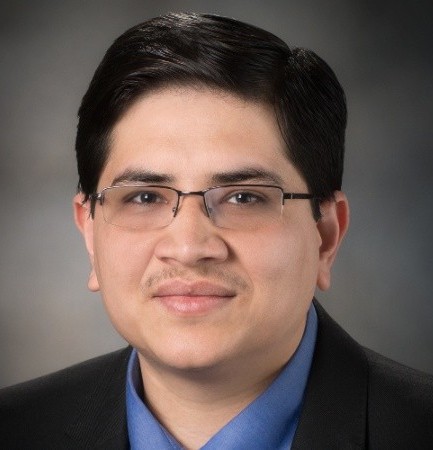
Prabodh Kapoor

Prabodh Kapoor
The University of Texas Health Science Center
USA
Biography
Prabodh Kapoor is Assistant Professor of Cellular and Molecular Biology at The University of Texas Health Science Center (UT Health Northeast) at Tyler, TX. His lab is focused to understand the molecular mechanisms of life threatening diseases such as Cancer and Cardiovascular disorders, aimed to develop novel therapeutics and diagnostics. He obtained his PhD from Central Drug Research Institute, India, and enjoyed around six years of postdoctoral research at MD Anderson Cancer Center, USA.
Research Interest
Biochemistry, Biophysics, Molecular Biology, Epigenetics, Cell Biology, and Drug Discovery & Development
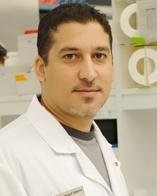
Dr. Helmi Y. Alfarra

Dr. Helmi Y. Alfarra
Dalhousie University
Canada
Biography
Research Interest
NK cells immunology, pancreatic cancer, cancer immunotherapy
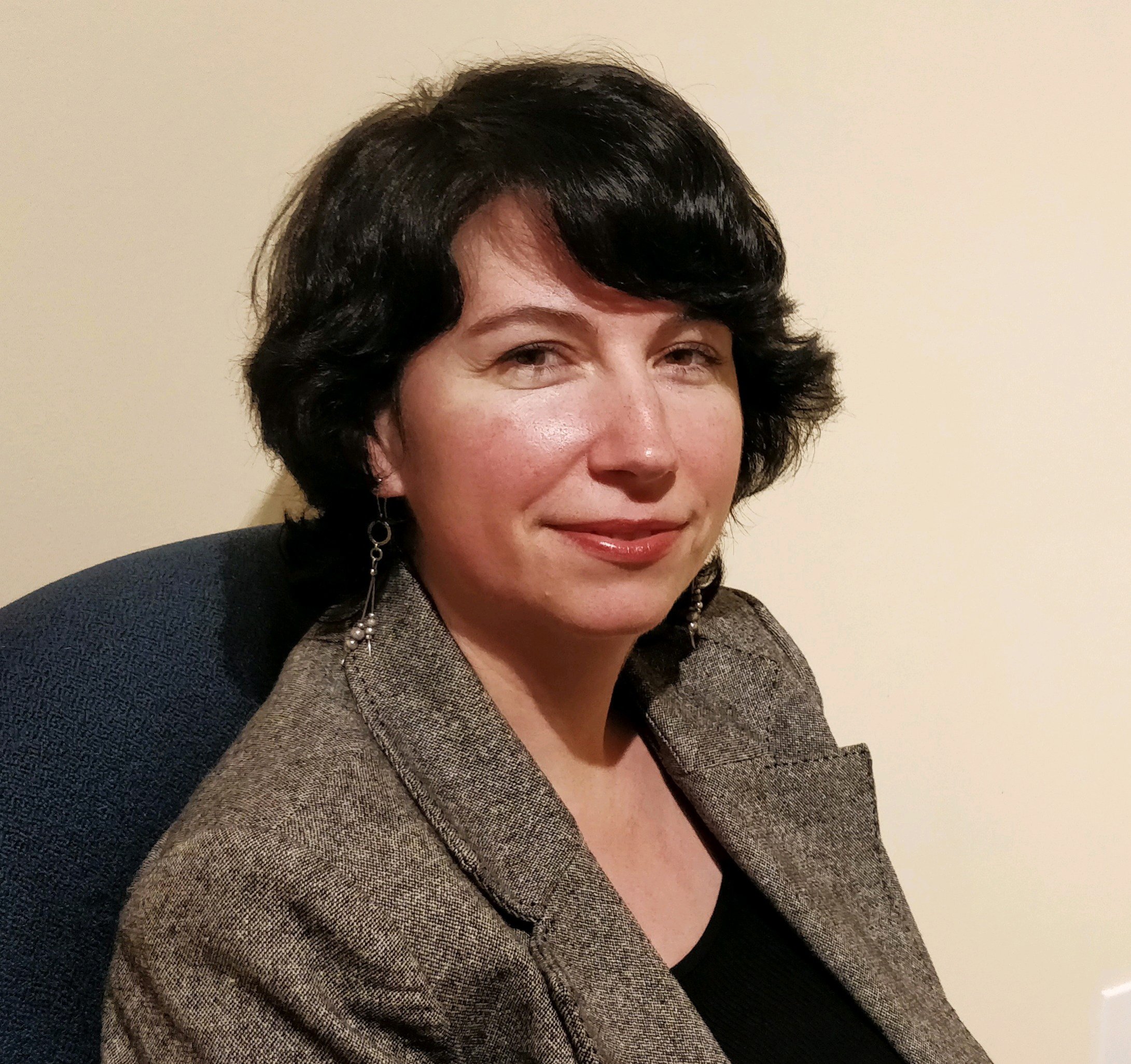
Dr. Natalie Grinshtein

Dr. Natalie Grinshtein
Fusion Pharmaceuticals
Canada
Biography
Dr. Natalie Grinshtein aquired her PhD in immunology at McMaster University in 2008. Since then she has become an accomplished cancer researcher with over 8 years of experience in succesfully leading diverse biomedical research projects. She is experienced in drug discovery, tumor immunology and immunotherapy, neuro-oncology and cellular and molecular biology. She has authored 6 articles and 1 book chapter, and she's also a co-author in 14 other articles.
Research Interest
Tumor immunology, immunotherapy, neuro-oncology
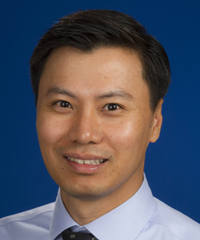
Dr. Michael Wong
The Permanente Medical Group, Inc., Boston University School of Medicine
United States of America
michael.lap.wong@gmail.com
N/A

Dr. Michael Wong
The Permanente Medical Group, Inc., Boston University School of Medicine
United States of America
Biography
Research Interest
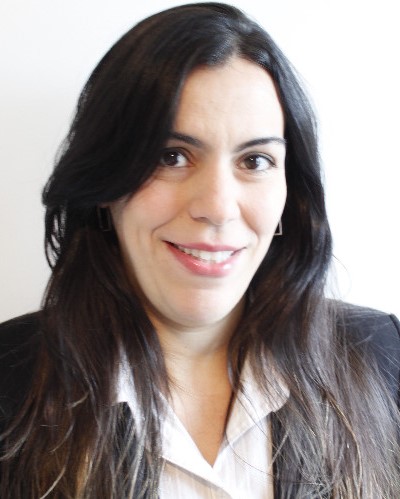
Dr. Raquel Tayar Nogueira

Dr. Raquel Tayar Nogueira
Instituto Nacional do Câncer
Brazil
Biography
Dr. Raquel Tayar Nogueira obtained her PhD in Cell and Molecular Biology from Fundação Oswaldo Cruz (FIOCRUZ) in 2011 in partnership with Universidade Federal de São Paulo (UNIFESP) working on the development of new recombinant virus vaccines and immune correlates of protection. During the years of 2013 to 2015 she worked as a Post-doctoral fellow at the Aaron Diamond AIDS Research Center (ADARC)/The Rockefeller University in the fields of Biotechnology and Immunology having implemented single B-cell cloning methodology for human antibody expression using a humanized mouse model.
Dr. Raquel has authored 7 publications including Virology Journal, PlosOne, Journal of Immunological Methods and Immunology Letters. Dr. Raquel also has experience on pharma R&D projects as she worked at GSK Vaccines during the years of 2015 to 2016 with coordination and support of a R&D Dengue Vaccine Clinical Trial. Later, she joined Instituto Nacional do Câncer to provide support to the Chimeric Antigen Receptor (CAR) T cell R&D preclinical project.
Research Interest
B and T-cell Immunology, Antibody, Immunotherapy, Immune-oncology, Vaccines, Flavivirus, Virus Vectors, infectious Diseases, Drug development
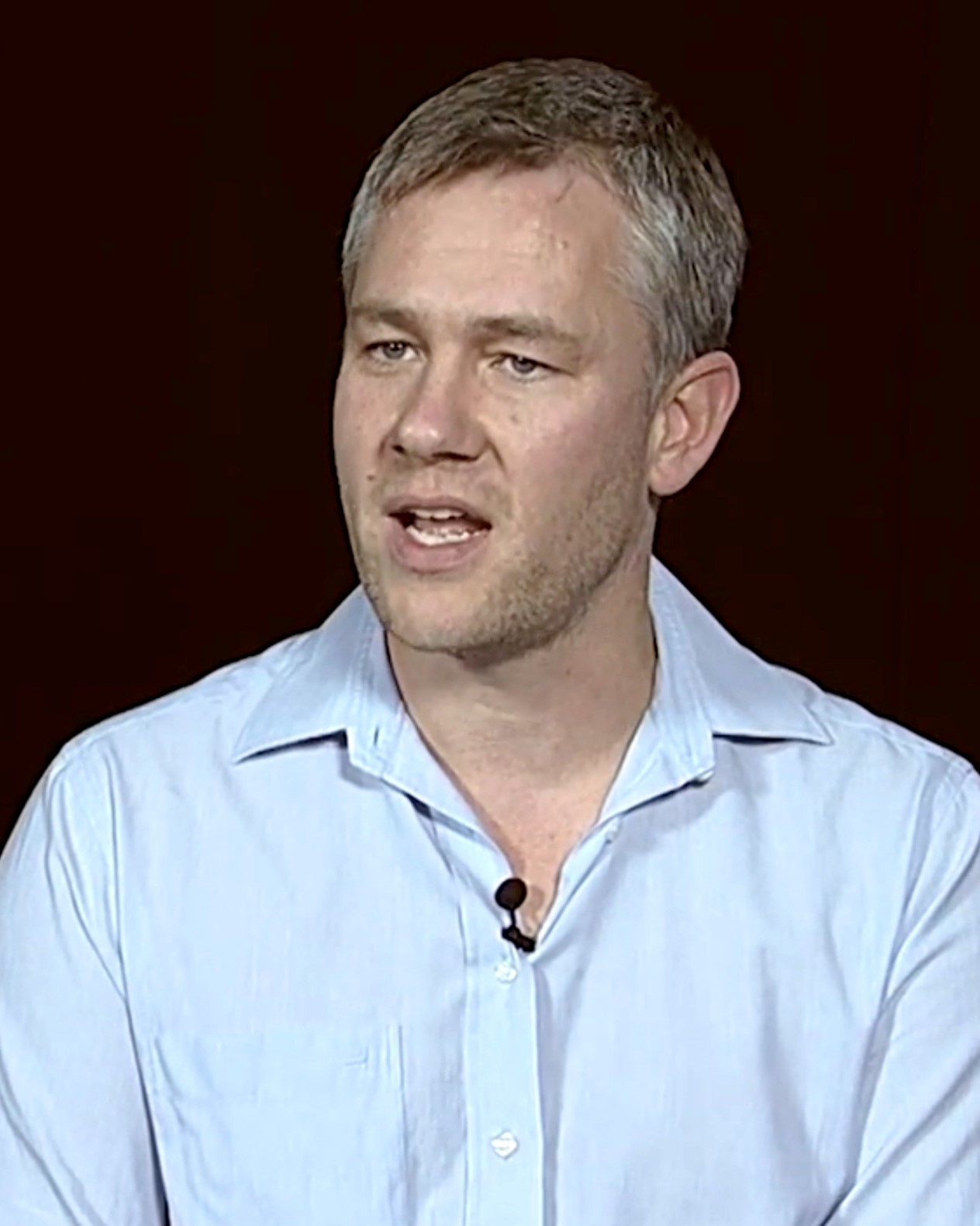
Dr. Hinco Gierman

Dr. Hinco Gierman
Illumina
United States of America
Biography
Hinco did his PhD in a pediatric Oncology lab on genomics and gene regulation and went on to work as a Research Fellow at Stanford University where he used Bioinformatics to analyze Whole Genomes of the world's oldest people to discover genes that regulate age-related disease.
He also worked for Celgene's Hematological Oncology group on Clinical Trial publications and in 2014 joined illumina, where he now leads the product development team for scientific enterprise software used by clinical Cancer Researchers across the globe.
Research Interest
Genomics, Bioinformatics, Cancer, Healthcare, Human Genetics, Informatics, Sequencing
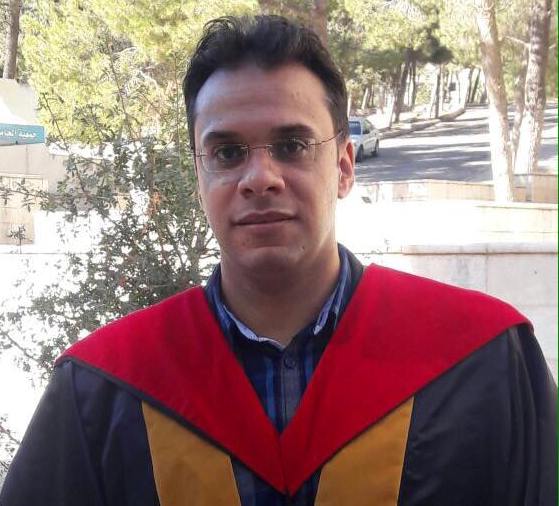
Fuad Abuadas
Al-Ghad InternationalMedical Sciences College
Saudi Arabia
fabuadas@gc.edu.sa
+966590878356

Fuad Abuadas
Al-Ghad InternationalMedical Sciences College
Saudi Arabia
Biography
Fuad Abuadas had completed PhD in Community health Nursing with more than 10 years experience in the academic field. He is interested in cancer researches directed toward prevention level. He is currently working as assistant professor in Al-Ghad college for applied medical sciences in Saudi Arabia.
Research Interest
Oncology, palliative care, health promotion, cancer research
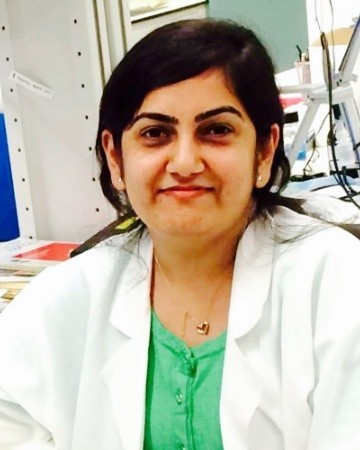
Dr. Shinjini Singh

Dr. Shinjini Singh
Seidman Cancer Center
United States of America
Biography
Research Interest
Biotechnology, Cell Biology, Molecular Biology, Cancer research, p53
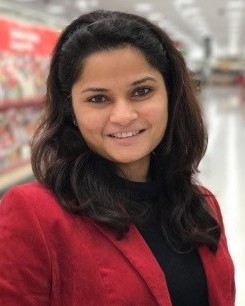
Dr. Richa Singhania

Dr. Richa Singhania
Weill Cornell Medicine
United States of America
Biography
Research Interest
Oncology, Cell and Molecular Biology, RNA Biology, Human Genetics, NeuroScience
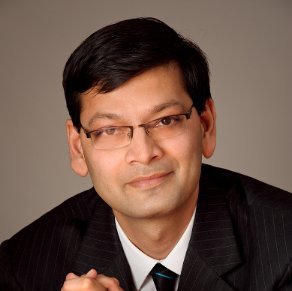
Dr. Bhaumikkumar Shah

Dr. Bhaumikkumar Shah
Ballarat Health Services
Australia
Biography
Bhaumikkumar Shah have done my MBBS and MD studies in India. I migrated to Australia and continued my oncology training here. I have been involved in research spanning various cancers and chiefly focussed on supportive care. I am actively involved in teaching.
Research Interest
Breast, Lung, Colorectal and Prostate cancer. Communication in clinics. Supportive and Palliative care.
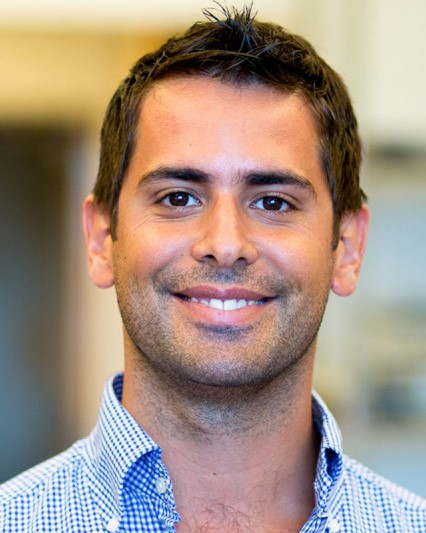
Dr. Danilo Maddalo

Dr. Danilo Maddalo
Novartis
Switzerland
Biography
Research Interest
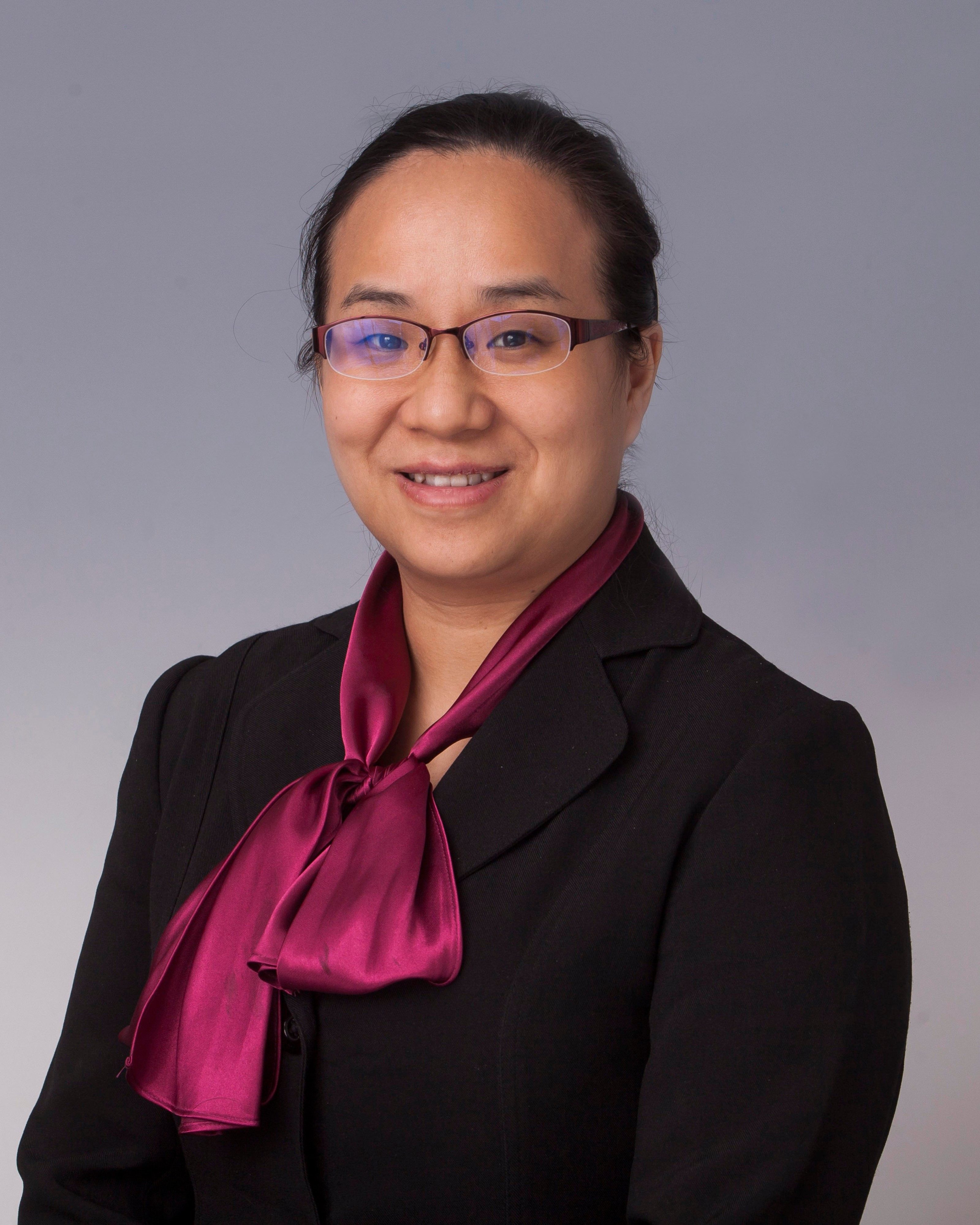
Dr. Hui Wan

Dr. Hui Wan
Roche Pharmaceutical
Switzerland
Biography
Research Interest
Clinical immunology, oncology, autoimmune diseases
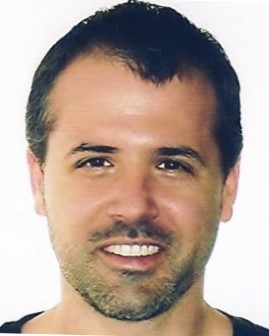
Dr. Luciano Sobrevals Amieva

Dr. Luciano Sobrevals Amieva
University of Barcelona
Spain
Biography
Research Interest
Immunology, Oncology, Immunodiagnostic
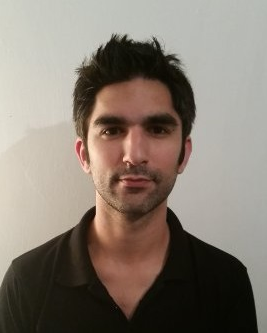
Dr. Itay Spector

Dr. Itay Spector
Sheba Medical Center / Histospeck
Israel
Biography
Dr. Itay Spektor, PhD, MBA. Dr. Spektor received his BSc, MSc, PhD degrees in 2007, 2009 and 2013, respectively from the Hebrew University, Israel, and His MBA degree from Peres Academic Center (PAC) in 2018. His master and doctoral research focused on tumor-stromal interaction using anti-fibrotic drugs to inhibit tumor establishment. Following his studies, Dr. Spektor worked as senior scientist in a number of biotech companies (Harlan Biotech, Compugen Ltd.), as Head of Business Development in ImagingQ and founded Histospeck- an Histology CRO company based in Israel. Dr. Spektor is an expert in Histopathology, Imaging and Image analysis. In 2015, Dr. Spektor was appointed as Lab Manager and Senior Scientist of Fertility preservation Laboratory in Sheba Medical center, Israel where his research focused on improving fertility outcome of ovarian tissue cryopreservation (OTCP) procedure and understanding the molecular mechanisms underlying transplantation and chemotherapy induced follicle loss. Dr. Spektor also serves as a tutor of "Financial Statements Analysis course" at PAC.
Research Interest
Fertility preservation, Tumor microenvironment, Histopathology
Dr. Mauricio Z Baptista
Dr. Mauricio Z Baptista
Centro Clinico Oncologico
Brazil
Biography
Dr. Mauricio Z Baptista is a Medical Oncologist at Centro Clinico Oncologico, Division of Cancer Treatment, in Campinas, Sao Paulo, Brazil. He has M.Sc. and Ph.D. in Medical Sciences/Breast Medical Oncology from the State University of Campinas, UNICAMP, ranked as number one university from Latin America, according to Times Higher Education (2017). After obtaining my Board Certification in Medical Oncology in Brazil, He undertook a research scholar program at University of Texas MD Anderson Cancer Center for almost a year (2005). From 2006 to 2007, he was the Director of the Fellowship Program, and the PI of the Dept. of Clinical Trials at Hospital de Cancer de Barretos, one of the largest Cancer Centers in Brazil. From 2009 to 2013, He hold concomitant positions as Assistant Professor of Medicine at the Department of Medical Oncology at UNIARA, and as Researcher in the Department of Breast and Gynecology Oncology at UNICAMP, from 2008 to 2016. Since 2011, He is an Associate Attending Physician at the Centro Clinico Oncologico. He has 13 publications in journals such as Human Pathology, Journal of Clinical Oncology, and Annals of Oncology. In addition to delivering lectures around the country, He was the Principal or Co-Principal Investigator in more than 10 clinical trials covering breast, ovarian, and genitourinary cancers. He is a member of the American Society of Clinical Oncology (ASCO), European Society of Medical Oncology (ESMO) and Brazilian Society of Clinical Oncology (SBOC). His research interests include Immuno-oncology, Breast and GYN tumors, Biomarkers, GU cancers and Lung cancers. He also a Social media enthusiast, having more than 2K followers on twitter (@mzbaptista) and 2,1 K connections on LinkedIn.
Research Interest
Immuno-oncology, Breast and GYN tumors, Biomarkers, GU cancers, Lung cancers
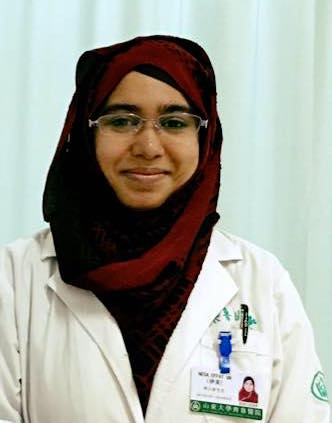
Dr. Effat Un Nesa

Dr. Effat Un Nesa
Shandong university school of medicine
China
Biography
Research Interest
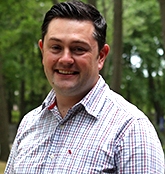
Gavin Peter Mcstay

Gavin Peter Mcstay
Staffordshire University
UK
Biography
Gavin McStay is currently a senior lecturer in the Department of Biological Sciences at Staffordshire University. He received his PhD in the Department of Biochemistry at the University of Bristol investigating the molecular composition of mitochondrial permeability transition pore. He then carried out post-doctoral research at the La Jolla Institute of Allergy & Immunology and St Jude Children's Research Hospital in the laboratory of Douglas Green. He then worked in the laboratory of Alexander Tzagoloff in the Department of Biological Sciences at Columbia University before becoming an assistant professor in the Department of Life Sciences at the New York Institute of Technology.
Research Interest
How mitochondria are involved in the processes required for promoting cellular viability and cellular death, Programmed cell death, such as apoptosis, and the biogenesis of mitochondria